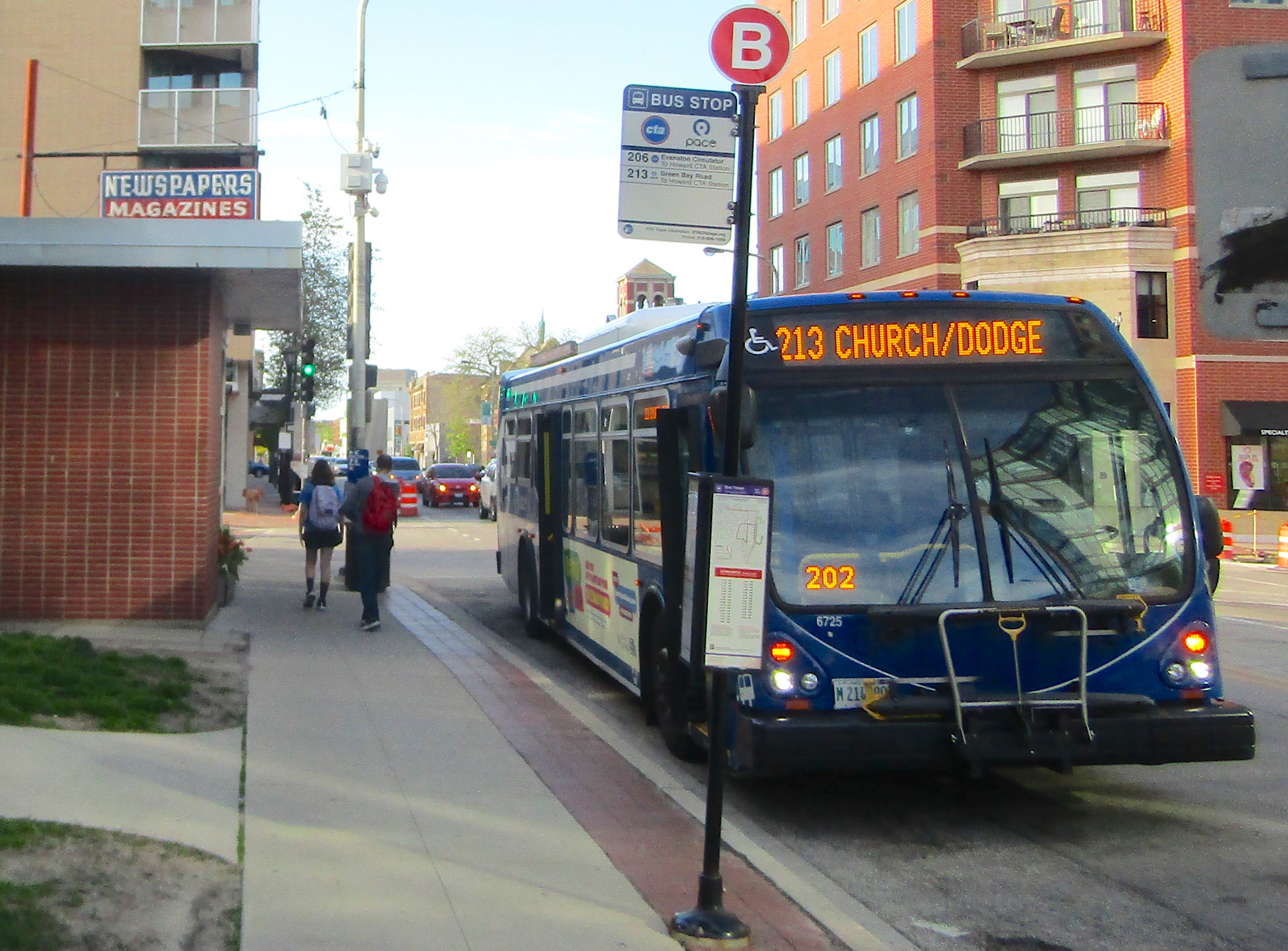Yup, ex-Vox editor Matthew Yglesias is wrong that Chicago is doomed – here’s why.
1:53 PM CDT on July 22, 2022
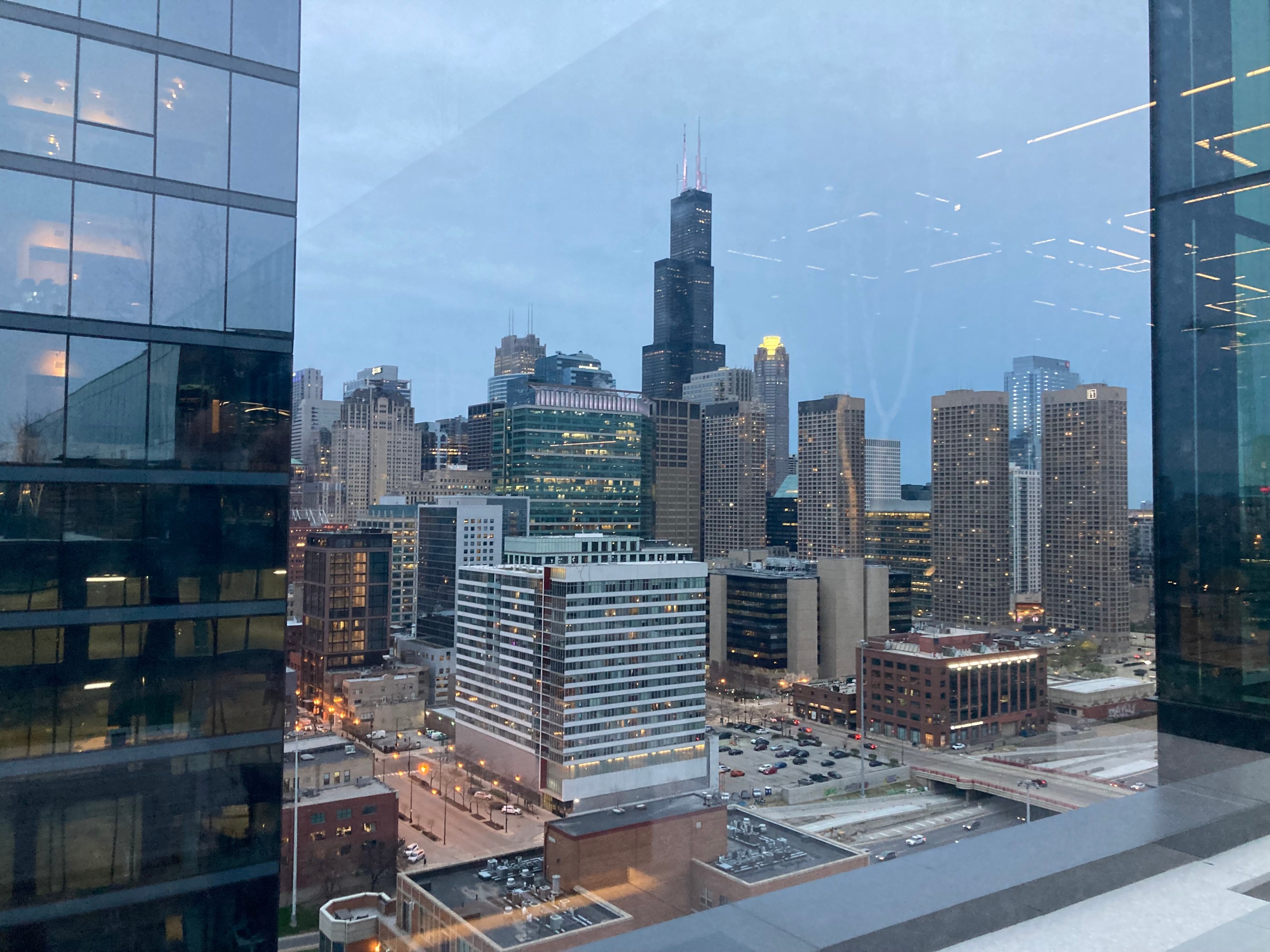
Downtown Chicago, as seen from a West Loop high-rise. Photo: John Greenfield
Chicagoans from different factions love to argue with each other, but nothing unites residents like someone parachuting in from out of town to criticize or, even worse, express pity for our fine city. The blog post "I'm worried about Chicago" by former Vox editor Matthew Yglesias, which voiced concern about our fair city "slipping deeper into a funk," launched a thousand angry tweets from Windy City loyalists. After all, if we wanted to hear about a "downward spiral," we'd listen to a Nine Inch Nails album.
Remote work has generated a lot of discourse about super-expensive cities like San Francisco and New York, but the place that I think is really going to be in big trouble is Chicago. https://t.co/QyGjPrtXPY
— Matthew Yglesias (@mattyglesias) July 21, 2022
In fairness, Yglesias' article isn't anti-Chicago. He actually said he really liked our town when he visited, calling it a place with "very appealing big city amenities and noticeably lower [housing] prices. The first two times I went to Chicago, all I could think about was, 'Why doesn’t everyone move here?' Then I went in February and I found out. But still. For anyone who liked cities but wasn’t a billionaire, it had a lot of appealing qualities."
But it is annoying to hear a guy who has apparently visited Chicago only a handful of times declare that our city is doomed. His thesis is that Chicago's current relative affordability will hurt us as downtown office space becomes less valuable nationwide due to more post-COVID telecommuting.
i know chicago will be ok because of how quickly everyone here has united against yglesias
— Leor Galil (@imLeor) July 21, 2022
Yglesias argues cities like New York and San Francisco, where centrally-located real estate has long been very expensive, will be better suited to weather this change. As rents drop due to the Zoom revolution, he says, these super-expensive places will simply become affordable, rather than untenably dirt-cheap, as he warns will happen in Chicago. The blogger also cautions that as Chicago goes the way of Detroit (a very John Kass-like talking point), we will drag other Midwest cities down with us.

However, Yglesias' report of Chicago's death is greatly exaggerated. Even if we assume that the downtown office rental market will never fully recover because people will continue to work at home in great numbers, downtown real estate here is obviously valuable, and we can pivot.
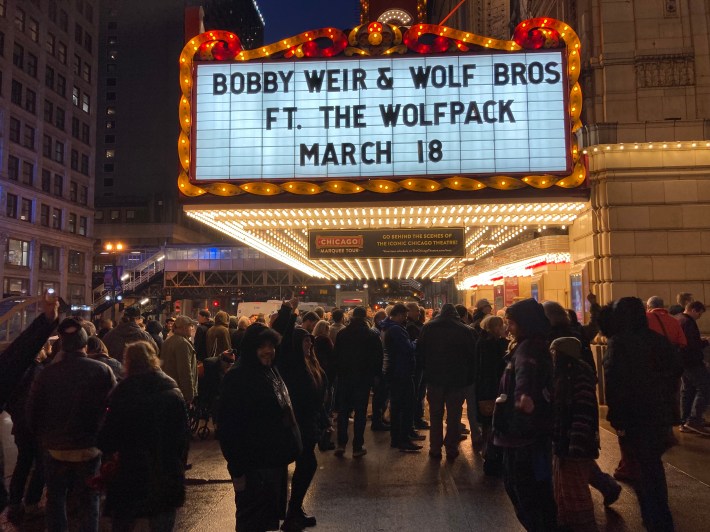
It's always struck me as weird that relatively few people live in the Loop. After all, the neighborhood is rich with cultural amenities, and provides direct CTA and Metra commuter rail access to just about anywhere in the region, plus has lots of high-rises with gorgeous lake views.
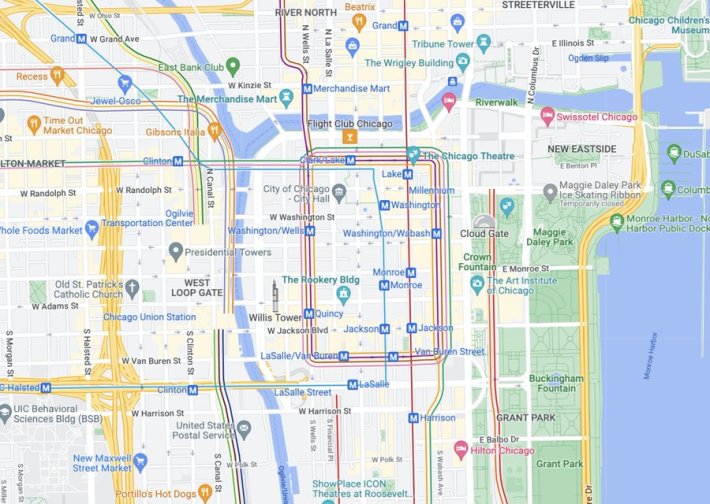
Cost is a major factor in why more people don't live in downtown Chicago, particularly the Loop proper. Heck, I'd be interested in trying high-rise living for, say, a year, but it's always seemed prohibitively expensive.
So it's a no-brainer to convert unused downtown office space to apartments and condos that middle-class people can afford. Ideally, the city should require landlords and developers to set aside a significant amount of units as affordable and CHA housing to help address our city's homelessness crisis.
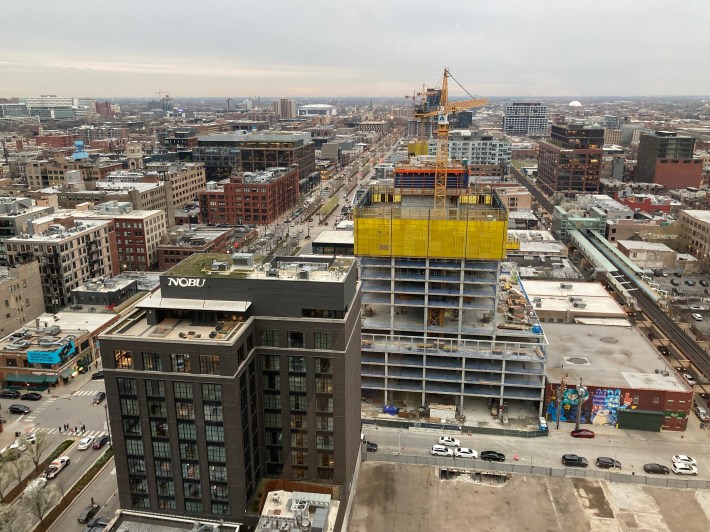
Granted, Chicago has other existential threats besides empty office space that need to be confronted to ensure our future prosperity. We need equitable solutions to address the root causes of our current crime wave, including the car theft epidemic that is fueling traffic violence.
And one Chicago's biggest assets (in addition to tons of beaches, rewarding/fun stuff to do, and delicious things to eat) is our legacy transit system that has made it relatively easy to live without a car in many parts of the city, but is currently unreliable due to staffing shortages. Thankfully, CTA President Dorval Carter recently said the agency understands the problem and is committed to fixing it. But we should also be proactive improving and expanding our transit system through initiatives like camera-enforced dedicated bus lanes to speed up service.
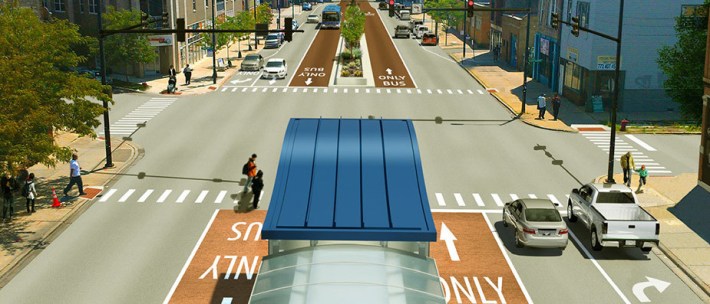
One more reason why I'm confident Yglesias' gloomy forecast that Chicago is falling into a permanent state of decay won't come true is that our city is well-positioned to weather future climate change challenges. He heard that it was 104F in the UK this week, right? This stuff is real.
While coastal metropolises are battered by hurricanes and swallowed by rising sea levels, and sunbelt cities run out of drinking water and become too hot for airplane takeoffs, Chicago will be in relatively good shape. When that happens, those relatively cold Chicago Februaries will become a feature, not a defect. Being a city that can still sustain human life as much of the rest of the country drowns or fries will certainly be good for our real estate values.
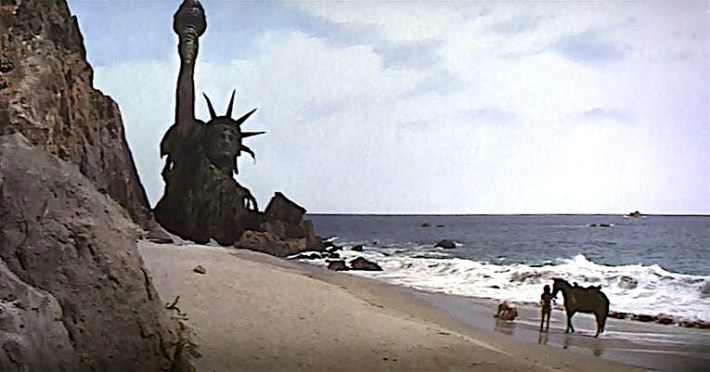
So I'm confident Yglesias' pessimistic prediction of "Chicago joining the cycle of decline," will not come true. Still, to prove him wrong, we need to get serious about tackling our present public safety, housing, transportation, and environmental challenges.
In addition to editing Streetsblog Chicago, John writes about transportation and other topics for additional local publications. A Chicagoan since 1989, he enjoys exploring the city on foot, bike, bus, and 'L' train.
Stay in touch
Sign up for our free newsletter
More from Streetsblog Chicago
Elevated Chicago’s new leader on how to build more support for equitable transit-oriented development
Recently announced as executive director Juan Sebastian Arias also shared his POV on Mayor Johnson's Cut the Tape initiative to speed up the development approval process
Since COVID, Pace ridership has fared better on major corridors and in north, northwest suburbs than in south, west ‘burbs
The suburban bus system's top five busiest routes largely maintained their ridership rankings.



